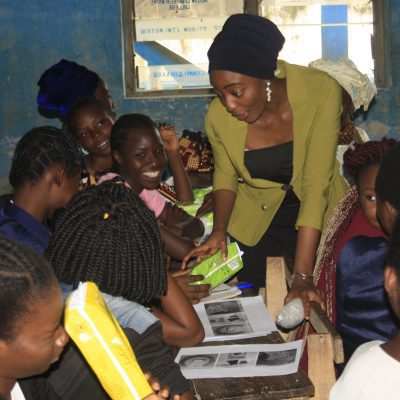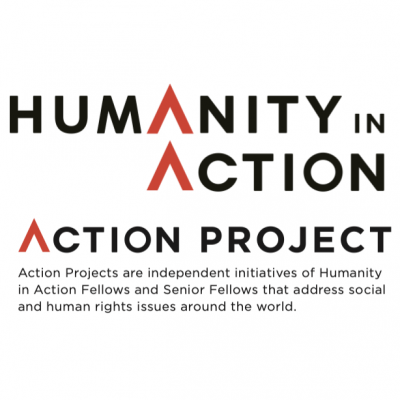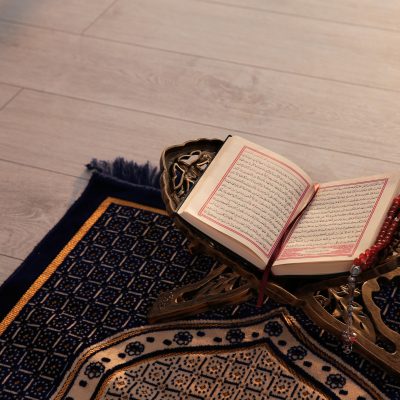Article
In 2015, Senior Fellow Kyra Fox organized an interfaith vigil together with several students of other faiths from the University of Wisconsin in Madison (UW-Madison), as a response to the global terrorist attacks in November of 2015. It was her first exposure to interfaith activism. The power of students of different faiths coming together in solidarity was overwhelming and inspiring, resulting in Kyra mulling over how to best channel the interfaith momentum on campus. In conclusion, Kyra came up with an online platform that would help interfaith leaders organize for action.
Faith organizations at UW-Madison has been doing incredible work for decades, but that work was siloed in different corners of campus. No communication or collaboration existed across faith organizations, which was needed to organize.
In addition, there was a gaping hole in interfaith activism on campus.
Issues that should have been addressed with an interfaith voice, such as a campus debate over BDS, were not privy to that voice because it was not organized. The need for a space for interfaith leaders to organize was dire.

Kyra’s Action Project gives a platform for interfaith leaders on campus to collaborate. Because it is housed online, it allows leaders from different corners of campus to connect on issues of shared concern. Through these connections, campus interfaith leaders have organized collaborative events, dialogues, student panels, and workshops.
Through this platform, interfaith leaders have spoke out on issues, such as anti-Semitic graffiti and a new religiously discriminatory dining policy. They have connected both professionally and personally, building interfaith relationships and breaking down stereotypes and boundaries.
To do this, Kyra first connected with current interfaith leaders on campus to get a sense of what they wanted out of an online platform. Then, she connected with the campus interfaith center, the Center for Religion and Global Citizenry, to develop a plan of action. Together, they began building the platform in September, encouraging interfaith leaders to begin using it immediately. A few months later, Kyra organized a potluck to introduce interfaith leaders to each other in person. This potluck spurred further collaboration, producing a number of events, dialogues, and joint statements.
The platform is a constant work in progress, requiring maintenance and constant encouragement for folks to continue using it as a resource.
Kyra needed the support of the campus interfaith center, as well as interfaith leaders across campus. She was able to garner this support through making personal connections and developing relationships that sustained across difference. Once she explained the motivation of the project, people came to appreciate the problem of a lack of interfaith organization on campus and were eager to support it.
After a smooth run for a few years, the next step was handing over the platform to another student to maintain. Kyra and her co-activists recruited campus interfaith fellows and the platform was handed over to one of these fellows. Others can get involved by reaching out to the Center for Religion and Global Citizenry at the University of Wisconsin-Madison to collaborate on interfaith events in Madison, Wisconsin, or to offer up their dialogue facilitation or interfaith leadership skills.
Kyra’s activism has attracted local media attention in the Badger Herald.




